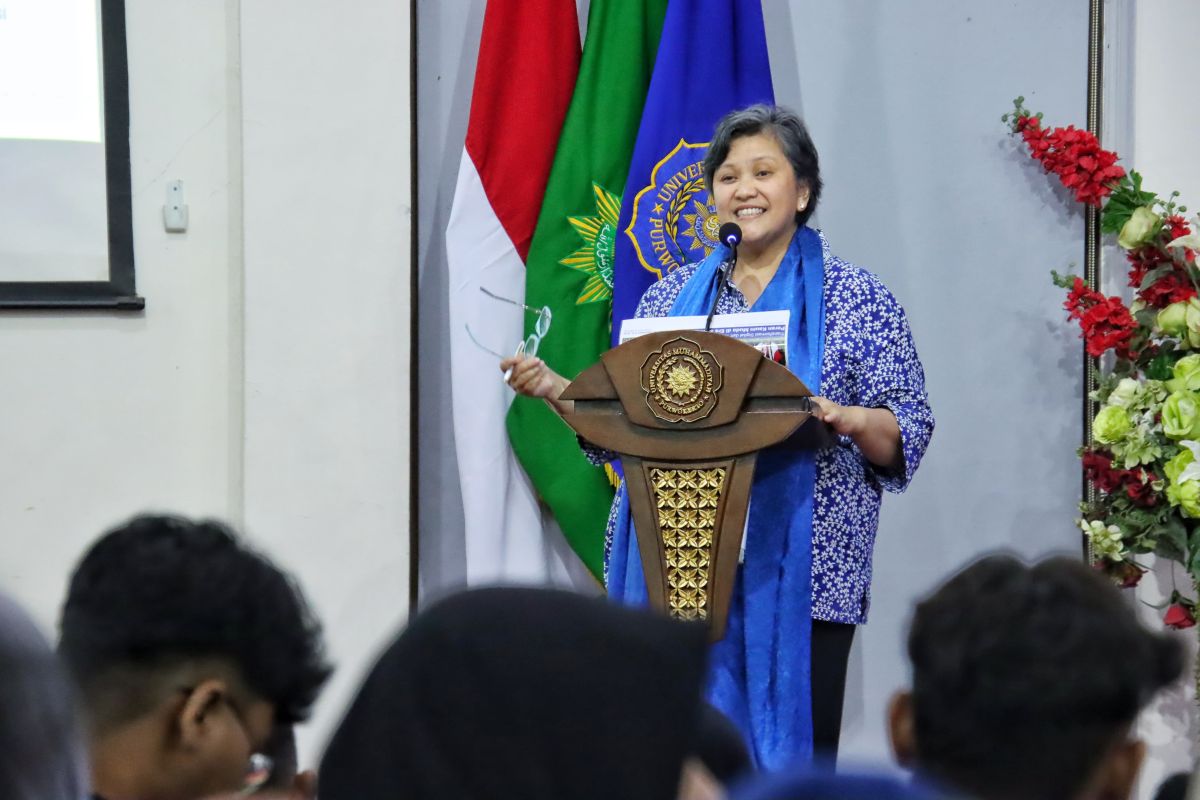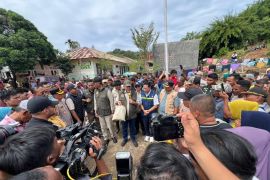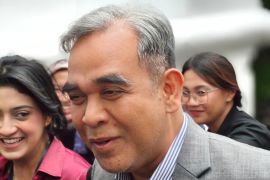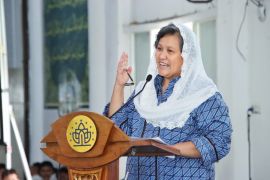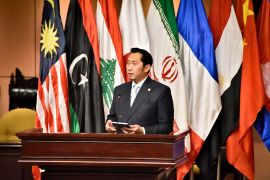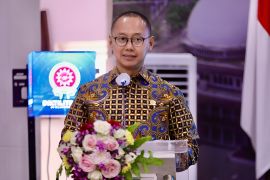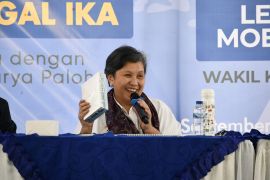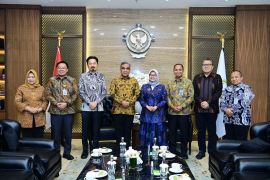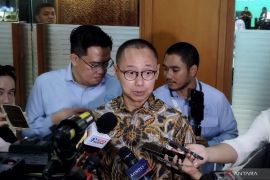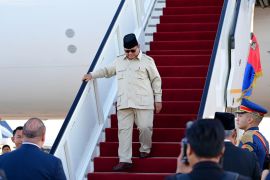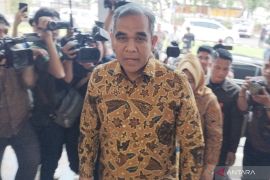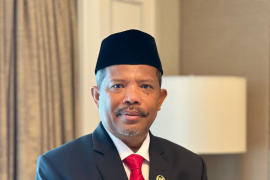In a statement received here on Monday, she underlined that greater access to higher education would support the independence of people living with disabilities and secure their active involvement in development efforts.
“Various efforts to encourage the active involvement of every citizen, including people with disabilities, in development must be supported by all parties,” she said.
Moerdijat cited data from Statistics Indonesia (BPS) showing that just 2.8 percent of the total 17.9 million people living with disabilities in Indonesia have completed higher education.
In addition, workers with disabilities constitute only 0.55 percent of the national workforce.
Furthermore, data from the International Labour Organization (ILO) shows that almost 90 percent of people with disabilities in Indonesia were not actively working or looking for work as of December 2024.
“The Ministry of Manpower’s data shows that 75 percent of the total 720,748 workers with disabilities in Indonesia are working in the informal sector,” she said.
Stakeholders and the community must pay attention to the data and make efforts to expand opportunities to build the independence of people with disabilities, she added.
“To support the expansion of access for people with disabilities, there must be readiness to improve several higher education facilities and infrastructure,” she said.
She further said that efforts must be made to eliminate the negative stigma and discrimination faced by people with disabilities in pursuing higher education.
Related news: Ensuring disabled people's rights to perform Hajj worship
Related news: Government seeks to enhance disabled people's access to job training
Related news: Four programs to increase protection of disabled people: Ministry
Translator: Melalusa Susthira, Raka Adji
Editor: Azis Kurmala
Copyright © ANTARA 2025
